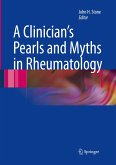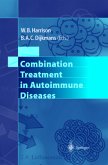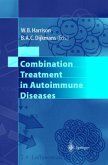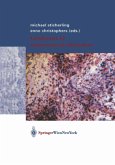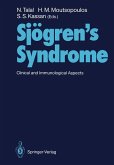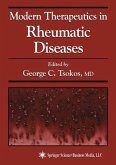The immune system has evolved mechanisms enabli ng it to discriminate between self and non-self constituents. A normally functioning organism is naturally unresponsive to self antigens originating from clonal deletion, aner gy, or an active suppression of self-reactive T cells. The wide spectrum of autoimmune responses may be divided into systemic and organ-specific dis eases and encompasses the actions of autoantibodies, autoantigeu-autoanti body complexes, and sensitized T lymphocytes. The aim of this book is to review the current understandin g, concepts and hypotheses regarding the pathogenesis and therapeutic approaches in autoim mune disorders. The first six articles are generally concerned with the mech anisms operating in autoimmune phenomena, whereas the subsequent reviews discuss particular phenomena in representative autoimmune dis eases. The introductory article underlines the significance of the interactions between antigen-specific T cells and other elements ot the immune system and proposes that not suppression, but rather activation of the immune sys tem, leading to a redirection of the immune response, would be therapeuti cally beneficial. The next articles present the importance of costim ulatory signals in determining various types of immune responses, including autoim munity, and the role of regulatory T cells. Further, an interesting phenome non of epitope spreading as a mechanism for the progression of autoimmune diseases is presented.



